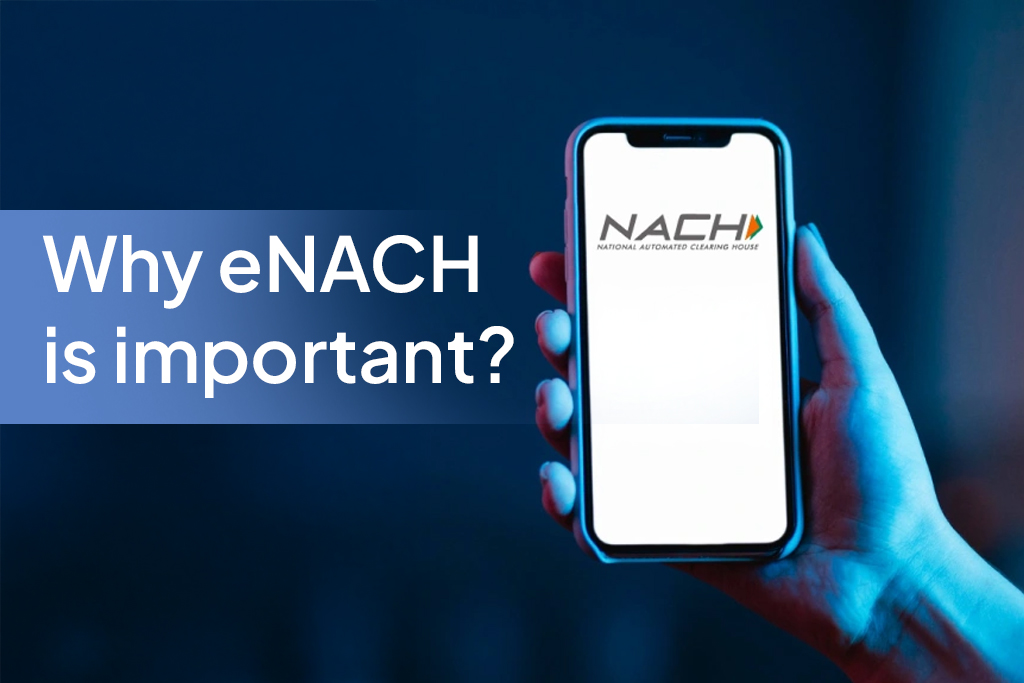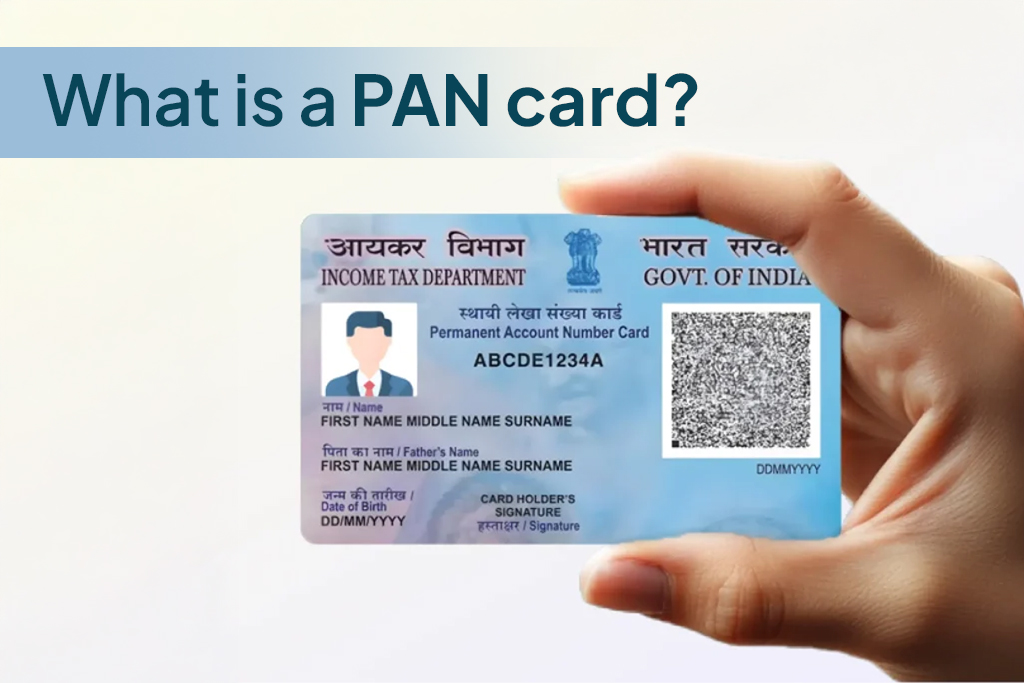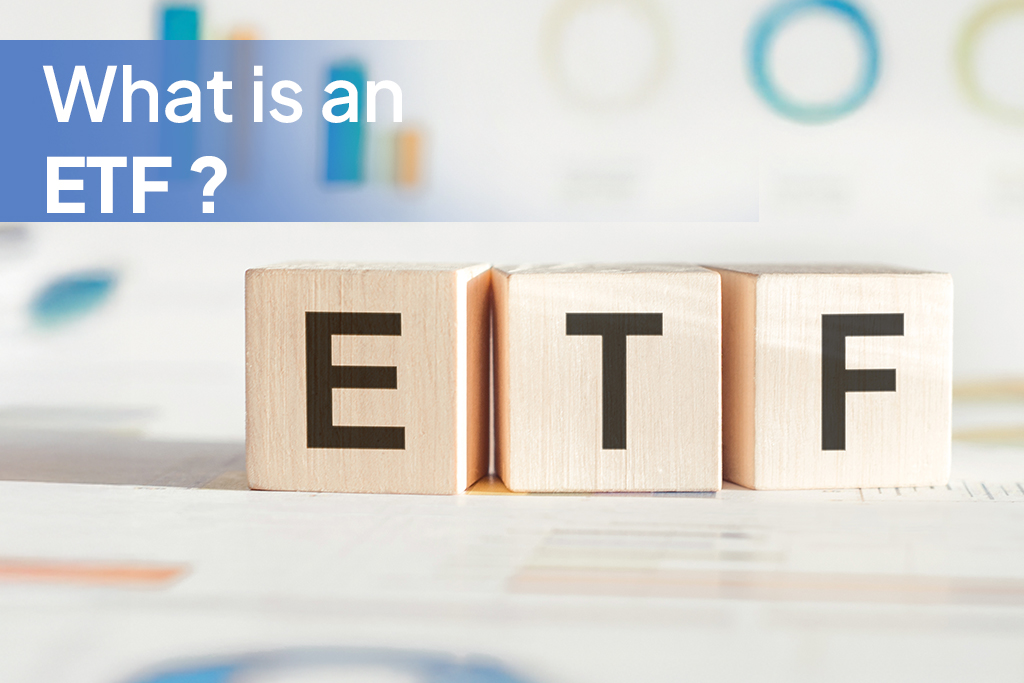Understanding finance doesn’t have to be complicated. But if you’re new to personal loans, EMIs, or investments, the terms can often feel like a different language. That’s where a financial glossary comes in, especially for beginners in India who want to make smarter money decisions.
In this guide, we’ll simplify 15 must-know finance terms that can help you when applying for a loan, choosing insurance, or managing your money.
Why Knowing Financial Terms Matters
- Helps you make informed borrowing and investment choices
- Protects you from hidden charges and misleading offers
- Improves your credit awareness and long-term financial health
- Makes it easier to compare lenders and financial products
Key Glossary Terms: 15 You Must Know
Here’s a beginner-friendly financial glossary for India:
- APR: The total yearly cost of borrowing including both interest and fees.
- EMI: A fixed monthly payment you make towards your loan until it’s fully repaid.
- Tenure: The duration of time you have to repay your loan.
- Collateral: An asset you pledge to secure a loan. If you default the lender can claim it.
- eNACH: A digital system that auto-debits EMIs or recurring payments directly from your bank account.
- Credit Score: A 3-digit score that reflects your creditworthiness higher scores improve your chances of loan approval.
- Principal: The original amount borrowed or invested.
- Interest Rate: The percentage charged by the lender on the borrowed amount.
- Processing Fee: A one-time administrative charge lenders collect while processing your loan application.
- Foreclosure: Paying off your entire loan before the tenure ends.
- Prepayment Penalty: A fee charged when you partially repay your loan before the due schedule.
- Moratorium Period: A temporary break from repayments, often offered in education or emergency loans.
- Secured Loan: A loan backed by collateral such as a gold loan or home loan.
- Unsecured Loan: A loan with no collateral like personal loans or credit card loans.
- Credit Limit: The maximum borrowing limit assigned to you usually on credit cards or credit-based accounts.
Difference Between Secured & Unsecured Loans
- Secured Loans: Require collateral usually have lower interest rates but higher risk if you fail to repay.
- Unsecured Loans: No collateral needed approval depends heavily on your credit score and repayment history.
Quick Guide to Common Digital Investment Terms
- What is UPI: Unified Payments Interface is an instant money transfer system widely used in India for peer-to-peer and merchant payments.
- What is NEFT: National Electronic Funds Transfer is a bank-to-bank transfer system used for scheduled electronic money transfers across India.
- SIP (Systematic Investment Plan): Small, regular investments in mutual funds to build wealth over time.
- Net Banking: Online access to banking services like transfers, bill payments, and loan management.
- eMandate: A digital standing instruction for automatic recurring payments (similar to eNACH).
How FatakPay Makes Finance Simple
At FatakPay, we simplify financial terms so you don’t have to stress about jargon. Whether it’s applying for a personal loan, managing your EMIs, or understanding your CIBIL score, our platform ensures quick, transparent, and hassle-free access to money when you need it most.
With FatakPay, finance isn’t complicated, it’s convenient.






